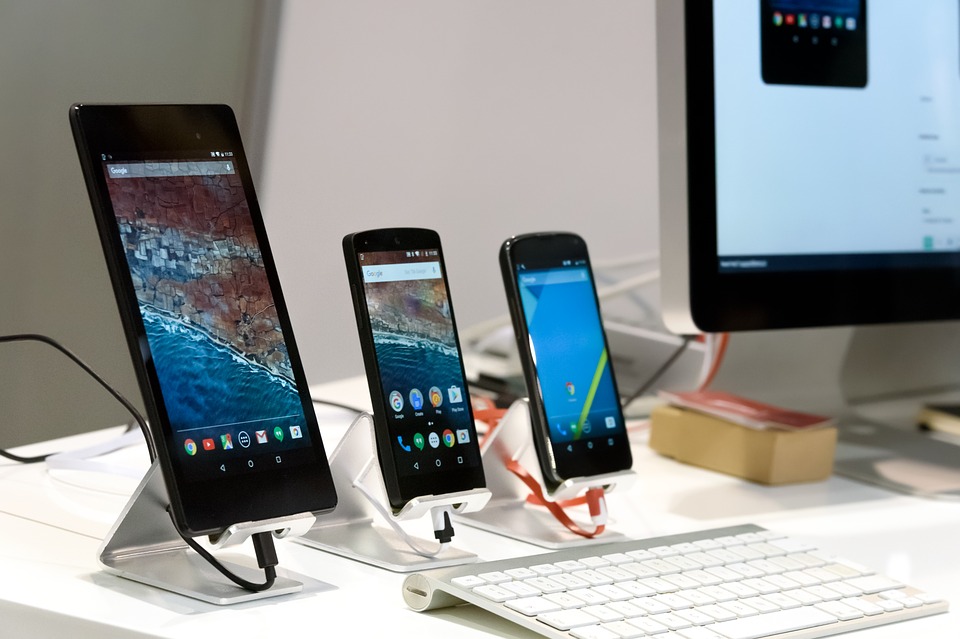
Choosing to give your child a smartphone is a big decision. Many of us never grew up with mobile phones as kids – and if we did they were not the same multi-functional devices that they are now. Nowadays, most kids have a smartphone by the age of 10, but that doesn’t mean all kids should have one by this age. It’s up to you to decide whether your kids are ready to own a smartphone. To help you make that decision, here are a few other questions to ask yourself.
Is there a practical need for them to own a phone?
A lot of kids want a smartphone simply because their friends have one. They may see a smartphone as the next must-have toy and may feel left out for not owning one – especially if their friends are texting and phoning one another.
While no parent wants their child to feel left out, it’s important to consider whether there’s really any practical need. Playing mobile games and texting friends isn’t a practical need. Instead, a phone should be seen as an emergency communication tool.
A phone could be a way of encouraging independence, while also building trust in the fact that your kids are safe alone. You may feel more comforted allowing them to walk to school alone or go into town by themselves knowing that you can contact each other via phone. You could even track your kid’s phone with Family Orbit so that you can keep an eye on their location. Of course, if you think your kids are too young to be going out independently, then there may be no practical use for a smartphone.

Do you trust them to use the internet themselves?
Smartphones come with access to the internet, which could enable your kids’ access to all kinds of content. You need to be sure that you’re okay exposing your kids to this content.
You may be able to restrict this content using your phone’s parental controls, or by using an app. Some kids may be smart enough to still get around these controls, plus you need to accept that they may not be 100% secure against all forms of content.
Do they get easily addicted to other electronic devices?
A smartphone could be a bad idea if your child already gets easily addicted to other electronic devices. If you struggle to get them away from the TV or they are constantly playing on games consoles, it could be a similar situation once you give them a phone.
With that being said, you may be able to get around this by bringing in tight restrictions. This could include no phones around the dinner table and possibly even keeping onto their phone at night so that they’re not playing on it when they should be getting to sleep (smartphone use at night has been linked to lack of sleep in kids). These restrictions should be brought in from the beginning as enforcing them later after giving them total freedom to use their phone could prove difficult.

Who will pay for their smartphone?
Another important factor to consider is the cost. Generally speaking, a kid’s first phone doesn’t need to be anything new or flashy – most parents give their kids a second-hand phone to save the costs of buying a new one.
You may also enjoy Financial Strategies for Middle Income Families.
You then need to decide whether to opt for a contract or a pay-as-you-go plan, as well as deciding who will pay their phone bill. Getting your child pay could help to encourage financial independence, making them aware of the cost of a long call and preventing them from misusing data. However, unless they’re making serious pocket money they may need to settle for a pay-as-you-go SIM as contracts can be expensive. You can find guides on pay-as-you-go phones here at Money Saving Expert.
If you decide to pay for it, you may be better off choosing a contract – this could allow you to pick a phone plan with pre-included parental settings. There may also be discounts if you’re already a customer with that provider yourself.
Final Thoughts
While having a smartphone comes with some benefits, there are also some more challenging things to consider. Ask yourself these questions to help determine is a smartphone is the right choice for your child.







